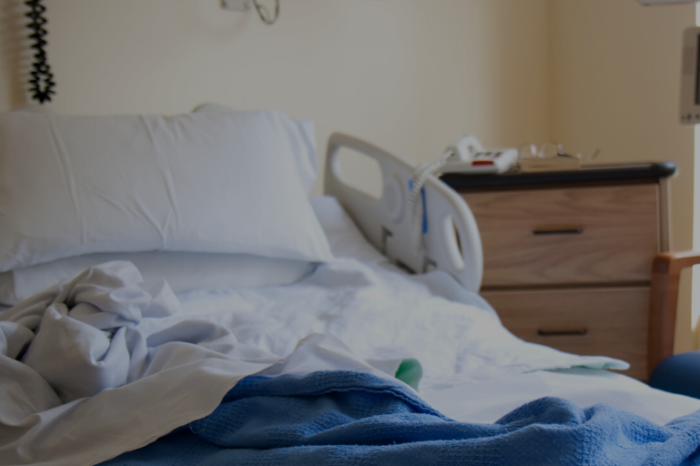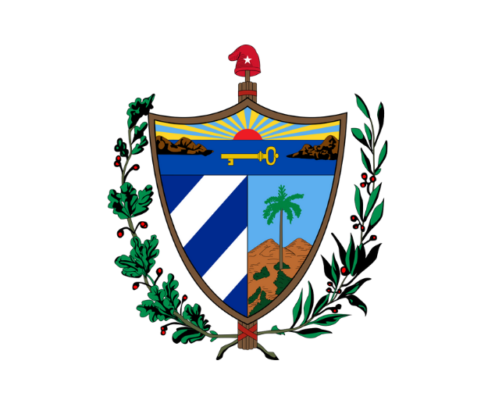In The Era Of COVID-19, Mass. Needs To Get Long-Term Care Right
This op-ed originally appeared in WGBH News.
In much of the country, a substantial number of Covid-19 deaths have occurred in nursing homes. Too many states were caught unaware that crowding, poor infection control, insufficient isolation facilities, and lack of proper training and equipment for nursing home workers would create petri dishes for Covid’s destruction. As of now, this lack of preparation accounts for 24,000, or over one-third, of Covid-related deaths nationally.
We saw what was happening in Italy, where frontline doctors were forced to make age-based life and death decisions because so many elderly people were sick and ventilators were in short supply. We saw the first signs of the virus on our own shores in Washington state nursing homes.
So what happened in Massachusetts?
As of this writing, about 60 percent of Massachusetts’ 5,000-plus Covid-related deaths are nursing home residents. Some of those residents were receiving temporary rehabilitative services, others were in long-term care.
Apart from overall number of deaths, we know little about the faces behind the numbers. The Commonwealth has provided minimal information; for example, although the Department of Public Health (DPH) discloses overall nursing home deaths, it does not disclose numbers of deaths by facility on its public website. The federal government has now required such information be disclosed to residents’ families. DPH says it will take weeks to comply.
What we know about specific nursing homes, we have learned from local media investigations.
There is still limited transparency about state plans to protect nursing home residents. We need answers to the following questions:
1. During the early stages of the pandemic and currently, who in state government was/is in charge of the health and safety of long-term care facility residents and what lessons have been learned thus far?
2. What plans guided the efforts of the DPH, the state Office of Elder Affairs and the Executive Office of Health and Human Services as they sought to limit contagion in Massachusetts nursing homes?
3. Going forward, is the state prepared for a potential second wave of Covid in nursing homes?
These questions are crucial because nursing home deaths should not be inevitable. Mistakenly, some believe that nursing home residents are primary targets of Covid simply because they are old or gravely ill. That is not at all the case.
Seniors don’t contract Covid because of their age. They are infected through exposures to individuals who have the virus. The effect of infection for those with serious pre-existing health issues is more significant, and can lead to death, but that’s also true of 30- or 40-year-olds with similar pre-existing conditions.
Clearly, the elderly are more likely to have compromised immune systems and many seniors have underlying conditions that make the virus more destructive or even deadly. When Covid is introduced into an environment with little social distancing, ineffective infection control, lack of proper isolation units, and inadequately trained healthcare workers who lack essential protective equipment, spread is inevitable.
As we approach the fall, with its sobering predictions from experts, we are presented with an opportunity to learn from our prior faults and protect those who are the most vulnerable. The virus is as deadly today as it was in March or April. Preparing for what comes next starts with the Commonwealth answering these three critical questions.
Barbara Anthony is senior fellow in healthcare and Mary Z. Connaughton is director of government transparency at Pioneer Institute, a Boston-based think tank.











